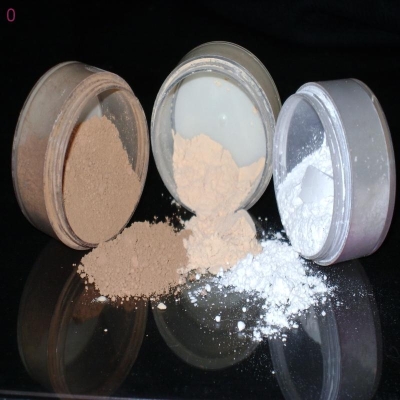-
Categories
-
Pharmaceutical Intermediates
-
Active Pharmaceutical Ingredients
-
Food Additives
- Industrial Coatings
- Agrochemicals
- Dyes and Pigments
- Surfactant
- Flavors and Fragrances
- Chemical Reagents
- Catalyst and Auxiliary
- Natural Products
- Inorganic Chemistry
-
Organic Chemistry
-
Biochemical Engineering
- Analytical Chemistry
- Cosmetic Ingredient
-
Pharmaceutical Intermediates
Promotion
ECHEMI Mall
Wholesale
Weekly Price
Exhibition
News
-
Trade Service
Original title: How did mangoes evolve and domesticate?
mango is a tropical evergreen tree, the world's fifth largest fruit tree crop, and the second largest tropical fruit tree crop, popular, but some people are allergic to mangoes. What causes allergenic reactions? Where did mangoes come from and how did they evolve? ...... Many scientific questions have aroused the interest of researchers.
Recently, the Chinese Academy of Tropical Agricultural Sciences (hereinafter referred to as the Chinese Academy of Thermal Sciences) in cooperation with the Chinese Academy of Sciences Institute of Microbiology and other 10 units, mapped the fine genome of mango chromosome level, and from the genome level revealed the evolutionary mechanism of mango species and the history of domestication of cultivated varieties. The findings were published online in Genome Biology, the world's top international journal in the field of genomics.
Mango species is rich in quality resources, but the use of mango resources in modern breeding practice is very limited, for a long time, mango breeding mainly depends on live selection, hybrid breeding and other ways, its breeding cycle is long, more restrictive factors. The analysis of mango genome will open a new window for the study of mango species resources and their molecular design and breeding. The Chinese Academy of Thermal Sciences launched the Mango Genome Analysis Research in 2014, and after years of efforts, a major breakthrough has been made.
team obtained a fine genome map of 393Mb of mangoes by in-depth sequencing and assembly of the traditional mango variety Afangso. Analysis of assembly and annotation results showed that the mango ancestors had a genome-wide replication event near 33 million years ago, and that the genes associated with energy metabolism were selectively preserved in the copied double-copy genes, which may have provided an adaptive advantage to mango's response to a sharp decline in atmospheric carbon dioxide concentrations and global climate cooling during this period.
, the team found in a number of expanding gene families that a family called CHS may be associated with paint phenol synthesis. Paint phenol is a special substance in the lacquer tree species such as mango, which can cause strong allergenic reactions in the human body. The findings will provide a basis for clarifying the molecular mechanisms of paint phenol synthesis.
project also resequenced 48 mango varieties and four close-up species of the same genus. Further analysis shows that the traditional mango varieties are divided into two groups in India and Southeast Asia, while most commercial varieties have allegene mixing. Mango farm varieties, which exist in southern China and Southeast Asian countries, form unique sub-groups in the Southeast Asian group;
related paper information:
.







